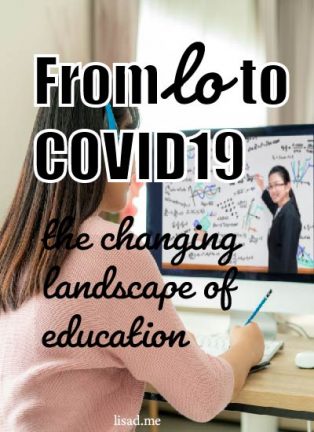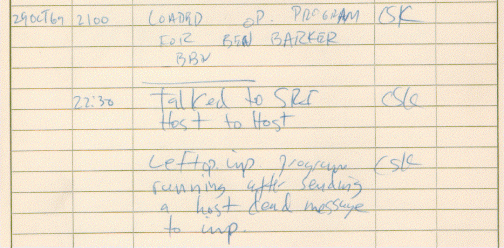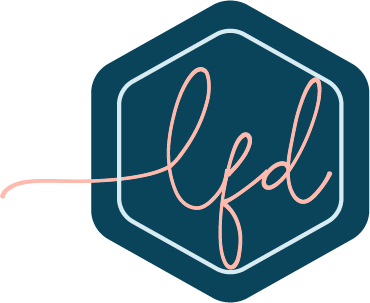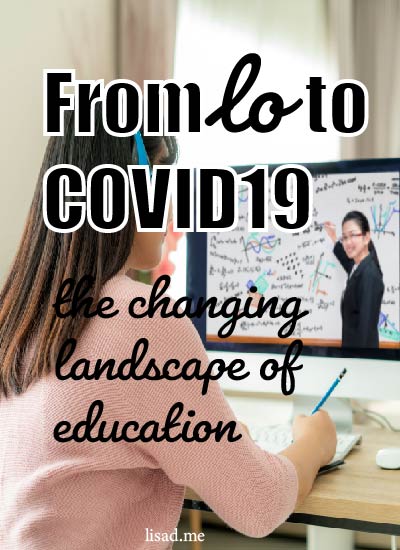

Creativity abounds! Yes, that's an overhead projector being used during a videoconference. Would @Wes_Kieschnick say this is #BoldSchool?? #LaTechTeacher @LATechCOE pic.twitter.com/EEG9cNcFFk
— Dustin Hebert (@DustinMHebert) March 24, 2020
Another example of why our #LaTechTeacher team @LATechCOE is making this work! Today, social studies methods. pic.twitter.com/6HSKgUXIwX
— Dustin Hebert (@DustinMHebert) March 24, 2020
The following weeks were primarily filled with providing edtech assistance, brainstorm sessions with faculty, troubleshooting, teaching, tutorial creations, weekly campus chats, and webpage creations. The assistance, brainstorming, and troubleshooting has continued throughout the entire quarter and will continue throughout the summer. Collaboration with and assisting faculty has been a huge benefit of this time working from home.
Though my course was already built as a blended environment, there were numerous adjustments needed to transition to fully online. Once communication and materials were addressed, I turned my attention to active learning and building strategies to catch ah-ha moments. Active Learning was created through the design of lessons as well as the integration of tools such as Google Docs, Google Slides, Goosechase, and Zoom breakout rooms. One of the greatest moments in teaching is the ah-ha moments and building relationships with students. This was accomplished through regular and varied communication, social media, and flexibility.
Tomorrow’s class is almost ready! #inquirybasedlearning #sciencemethods #latechteacher https://t.co/2xml7mQnSO pic.twitter.com/74n57z2LVH
— Lisa Flanders-Dick (@lisaspencilbox) March 19, 2020
I love being able to still experience the excitement of learning with my students #sciencemethods #inquirybasedlearning #latechteacher #onlinelearning https://t.co/p766mId1KT pic.twitter.com/FjjaA2kGmK
— Lisa Flanders-Dick (@lisaspencilbox) March 22, 2020
The tutorials I created were used to expand existing pages and create new pages on the Hub website with a focus on tools being used during the transition to online learning. The LaTech COE Hub is a new addition to the College of Education focusing on creating an environment to support and strengthen teaching and learning across all stages of education for both instructors and students by providing active learning opportunities. Some of the focused tutorial topics included Zoom, Moodle, Microsoft 365, and Google.
The Hub partnered with the Center for Instructional Technology (CIT) to provide weekly Q & A Cafe chats each Friday. These chats are virtual meetings held online as a Zoom session for faculty and staff to discuss online teaching strategies as well as to share experiences while moving courses online. We also provided a walkthrough of Microsoft 365 tools as well as cheat sheets for possible active learning tools such as Kahoot, Wizer.me, and Goosechase. The Q & A Cafe chats were provided throughout the Spring Quarter and we will resume again in the fall. For the summer, the HUB and CIT will partner to provide a virtual conference, EdTech 2 Go.
Another resource provided by the College of Education CIL department was ConnecTechEd. ConnectTechEd provides assistance to parents and students from our CIL professors. Four Zoom sessions focused on core subjects were offered each week throughout the Spring Quarter, and we will resume in the fall. The actual format of ConnecTechEd in the fall has not been decided.
As we look toward the summer, plans have already begun for programs to provide virtual experiences that once were face to face. One such program is the GEAR UP camp sponsored by SciTEC in the College of Education. Louisiana GEAR UP camps are provided through a partnership with LOFSA and the Board of Regents. Imagine moving a face to face camp for middle-high school students to fully virtual. We are still working out the details and testing various tools, but it is bound to be an experience for all involved.
Just how different is our educational landscape since the COVID19 pandemic? Every administrator, teacher, student, parent, and staff member will enter Fall 2020 with new experiences learned through failures and successes during the COVID19 pandemic. From these experiences, our educational landscape will begin to evolve into a new world of education.








